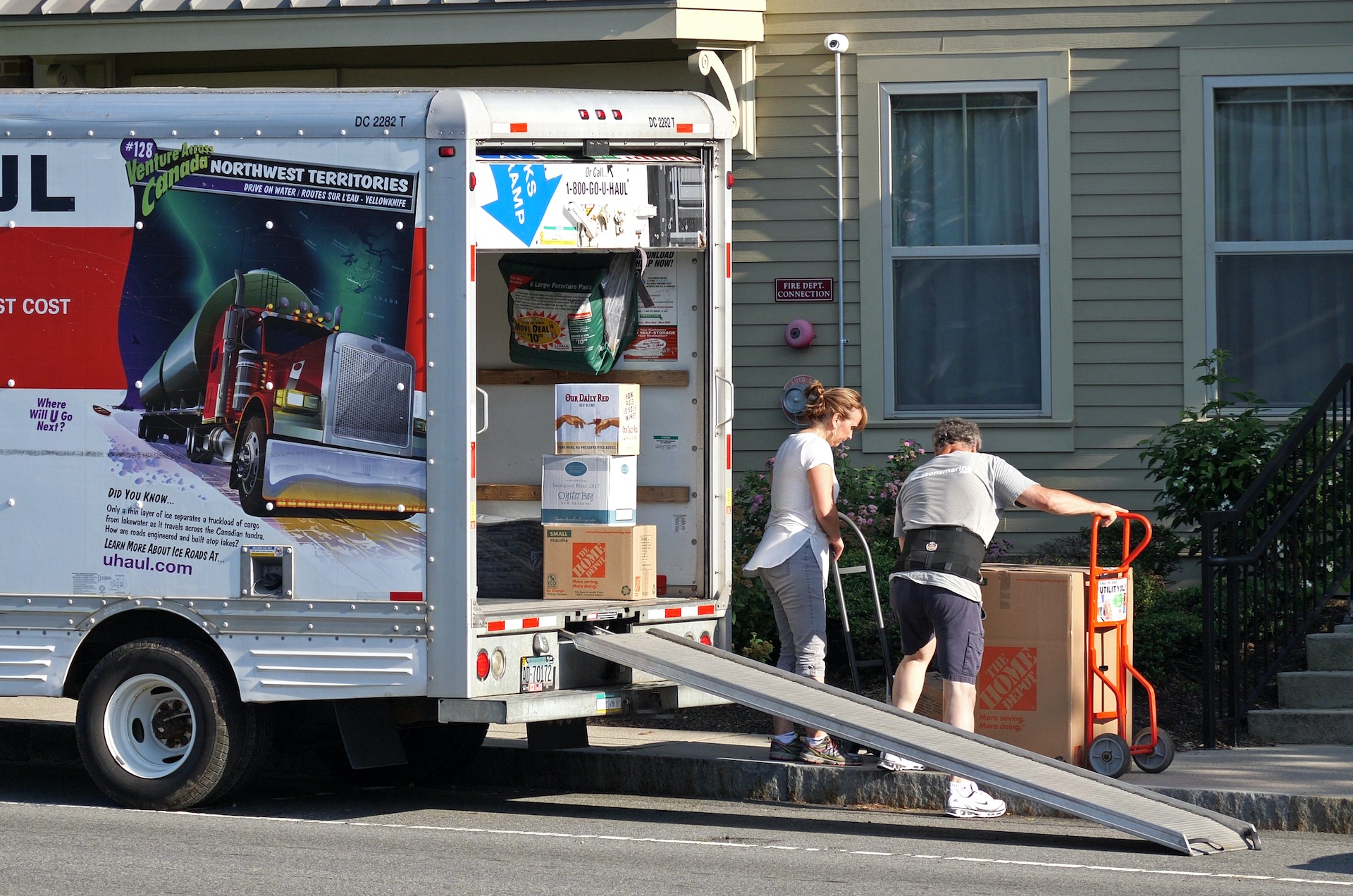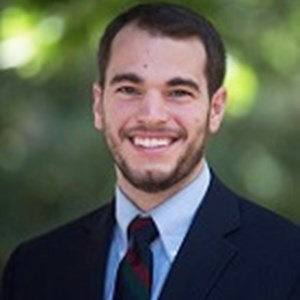Universal recognition a big win for Mississippi

After the Senate passed House Bill 1263 a couple weeks ago, the House recently concurred and sent the bill to the governor’s desk. When the bill is signed into law, it would be a huge win for Mississippi. Sponsored by Rep. Becky Currie, HB 1263 would recognize occupational licenses from other states, making it easier for professionals to move to Mississippi.
As more people become accustomed to working remotely due to COVID-19, the physical location of people performing work is less important than ever before. As physical location no longer presents a barrier in many industries, the competition between states for workers will only intensify. This competition will require a regulatory environment that makes it easy for people to relocate to their state, which HB 1263 would do.
Mississippi is considering universal recognition at the right time. Mississippi has been one of the only southern states to suffer a declining population in recent years. But this does not have to continue. By adopting universal recognition, Mississippi would become the first state in the south to accept licenses obtained in other states. Easing the process of transferring a license to Mississippi will reduce the cost and hassle of moving here, attracting more talent to the state.
Occupational licensing effects about 25 percent of workers in the United States today. This is a significant portion of the labor force that face additional difficulties when moving. Because licensing laws are passed by states, each time a licensed professional moves to a new state, they have to reapply for licensure before they can begin working. Research has estimated that licensed professionals are 36 percent less likely to move to a new state than non-licensed professionals, so this burden has a real impact.
But through universal recognition, Mississippi can remove these additional burdens, paving the way for more professionals to move to the state to begin working and joining communities. HB 1263 would require that licensing boards issue a license to a professional when they move to the state. However, to qualify, the applicant must have been licensed without disciplinary actions and have met the state’s minimum requirements.
Additionally, HB 1263 will accept professional experience for professions licensed in Mississippi that are not licensed in other states. For a worker moving from a state without licensing, they must demonstrate 3 years of practice, without formal complaints or evidence of consumer harm.
Universal recognition is designed to make moving to Mississippi to work as easy as possible, while still protecting consumers. Applicants must demonstrate their quality through licensing standards or work experience. But universal recognition streamlines the process, helping people move to the state with less hassle.
While they would be the first in the south, Mississippi would be the twelfth state to enact some form of universal recognition. However, Mississippi’s reform stands out as one of the strongest forms of universal recognition. Currently, only Iowa accepts experience for professionals coming from states where their occupation did not require a license to practice. Mississippi would be the second in the nation. Other states, like New Jersey, Montana, and Pennsylvania, still give licensing boards wide discretion to determine whether the standards in other states are similar to their standards. This provides boards an avenue to restrict entry, which universal recognition is designed to prevent.
Arizona passed the first universal recognition law in August 2019, and within a year over 1,100 licensed professionals took advantage of the law and moved to Arizona to begin working after they transferred their license. Universal recognition can do the same for Mississippi.
Last year, Mississippi passed universal recognition for military spouses. This year, they have the chance to extend this reform to everyone who wants to move to the state, making Mississippi a national leader.
This column appeared in the Daily Journal on March 18, 2021.
